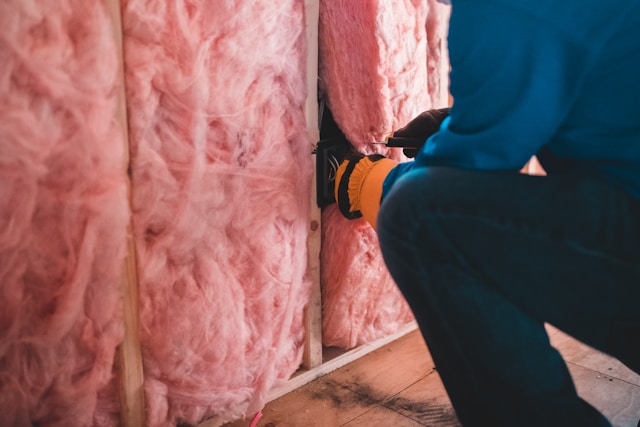Oracle Share Price Analysis: Bearish Phase, Valuation Signals and Bullish Reversal Outlook
$154.97
04 Feb 2026, 11:45


Spray foam insulation is causing significant challenges for homeowners and buyers alike, as major mortgage lenders reject properties fitted with this material. Recent BBC investigations reveal that 25% of the UK’s largest mortgage providers are refusing loans on homes with spray foam insulation, leaving homeowners in a bind and creating barriers for property transactions.
An estimated 250,000 homes in the UK have spray foam insulation, and removing it can cost thousands of pounds. Many installations were encouraged under the government’s Green Homes Grant Scheme, which aimed to boost energy efficiency. However, concerns about improper fitting have raised alarm bells among mortgage firms.
If spray foam is incorrectly installed, it can trap moisture, leading to roof timber decay. This risk has prompted some lenders to deny mortgages on such properties altogether. On the other hand, the Insulation Manufacturers Association (IMA) argues that these concerns are overblown and warns against turning to unregulated removal services. According to the IMA, spray foam insulation can be highly effective when properly installed.
The BBC’s survey of 20 major mortgage providers uncovered a varied response:
Outright rejection:
Conditional approval:
Case-by-case evaluation:
To help navigate these complexities, the Property Care Association introduced an inspection protocol in 2023 for assessing the risks associated with spray foam in pitched roofs.
Understanding the differences between spray foam types is essential:
Closed-cell spray foam:
Open-cell spray foam:
The Health and Safety Executive recently recommended against applying open-cell foam directly to roof tiles, emphasizing the potential for trapped vapors. Additionally, surveyors have expressed concerns that spray foam obscures roof timbers, making decay harder to identify.
Simon Storer, Chief Executive of the Insulation Manufacturers Association, has criticized lenders’ skepticism, attributing it to a lack of understanding and shifting industry guidelines. He also highlighted the danger of unregulated removals companies exploiting homeowners’ fears.
“Insulation is a very good thing,” said Storer, “but, like any building work, it must be done correctly.”
Despite this reassurance, the Homeowners Alliance advises against installing spray foam insulation until these issues are resolved.
For the estimated 250,000 UK homeowners with spray foam insulation, the future remains uncertain. Many are left wondering whether the government will provide financial assistance for removal, particularly for those who installed it under the Conservative Green Homes Grant Scheme.
As of now, Westminster has yet to comment on whether any support measures will be introduced.
Spray foam insulation can be an asset when installed correctly, but without clear guidelines and support, it remains a divisive issue in the UK housing market.
Source: BBC.co.uk